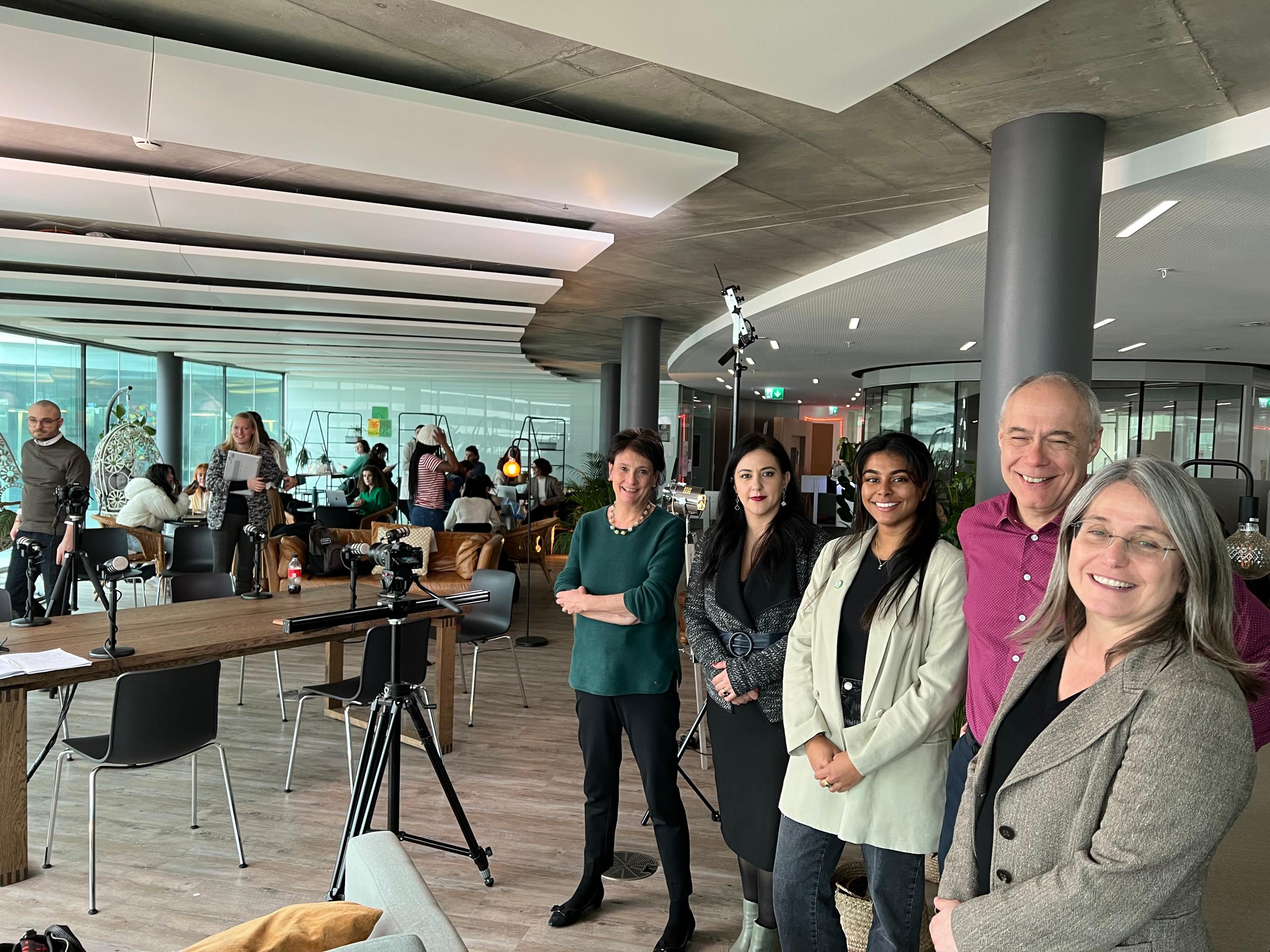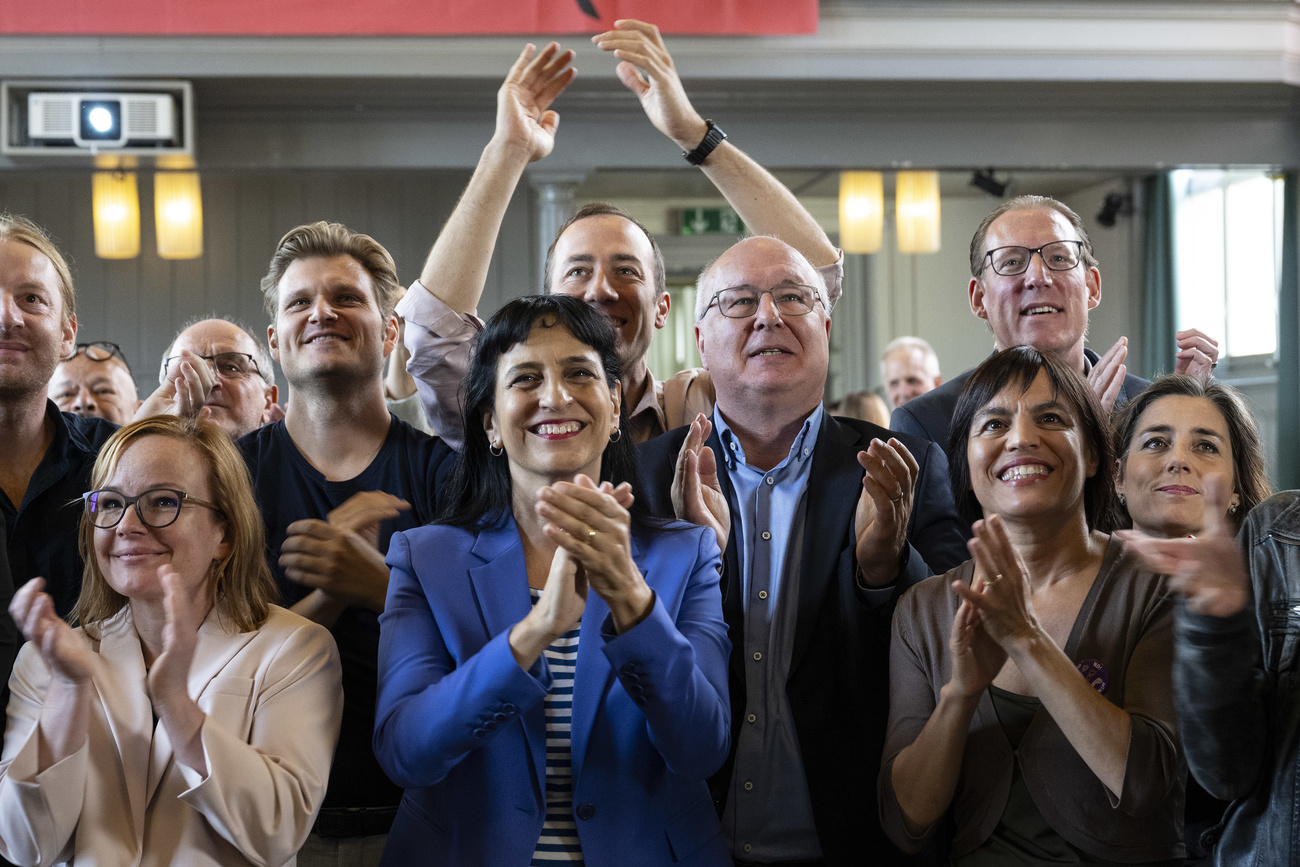Inside Geneva Podcast Live Discussion
One year on from Russia’s invasion of Ukraine, Inside Geneva is joined by experts in conflict resolution to ask what the prospects for peace are, and how peace can be won. Do the world’s big powers even want to make peace?
Katia Papagianni, Director of Policy and Mediation Support, Centre for Humanitarian Dialogue, warns that Russia’s attack on Ukraine is a sign of a much wider shift in the post cold war geopolitical landscape. ‘The fact that we’re talking about the possibility of use of nuclear weapons, the fact that we’re talking about the possibility of the United States and China possibly going to war over something, that something is Taiwan…is frightening.’
Our podcast guests also discuss how long Russia’s war on Ukraine can continue.

Keith Krause, Director, Centre on Conflict, Development, and Peacebuilding, IHEID says that ‘There is a concept that floats around in academia called a hurting stalemate, when the two parties have decided that enough is enough. And we are clearly not at this hurting stalemate.’
But since nearly all wars end at the negotiating table, Inside Geneva asks what a successful, lasting peace might look like. What are the key elements to making peace work? Are there good examples from the past?
Hiba Qasas, Executive Director, Principles for Peace Initiative argues that peace is about much more than the guns falling silent. ‘Peace is beyond the absence of violence, it’s really around access to justice. It’s about economic opportunities, it’s about security, accountable security. It’s about pluralism.’
And Shefali Kaur Nandhra, graduate student in sustainable development, IHEID points out that since young people are the ones doing the fighting, many of them, in Russia, against their will, any peace must include them. ‘Sustainable peace needs to include the youth, it needs to inform the youth, and it needs to educate the youth. So information inclusion and education.’
Listen to all of our episodes here

In compliance with the JTI standards
More: SWI swissinfo.ch certified by the Journalism Trust Initiative








You can find an overview of ongoing debates with our journalists here . Please join us!
If you want to start a conversation about a topic raised in this article or want to report factual errors, email us at english@swissinfo.ch.